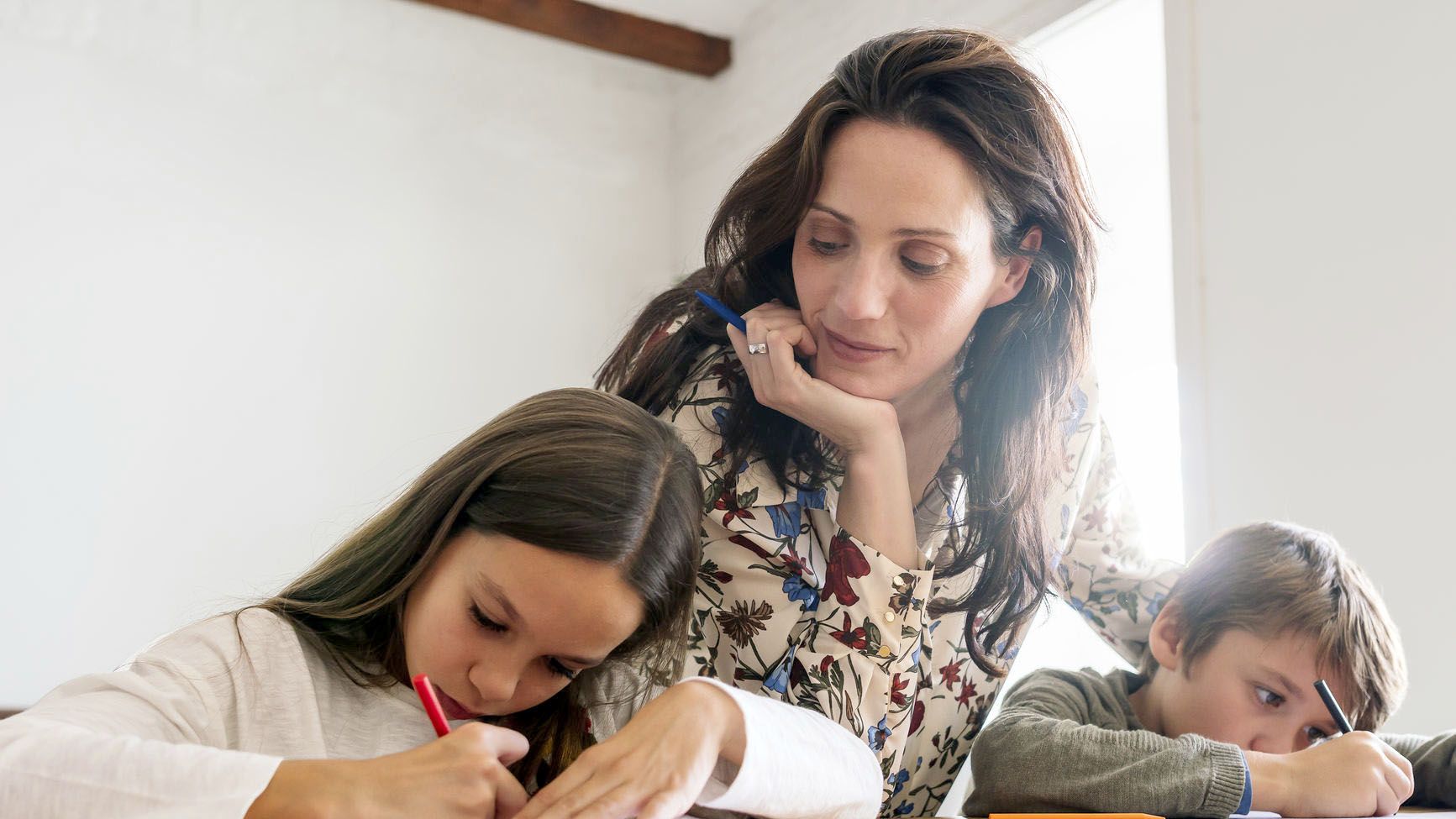You Aren't the Only One with Duck Syndrome
Our resident psychiatrist on the problem with keeping up appearances.
It sounds like you have duck syndrome. A duck appears to glide calmly across the water, while beneath the surface it’s an entirely different picture: The duck is frantically paddling its little legs to stay afloat and keep up. Watching everyone else gliding effortlessly through life—achieving professional success, thriving socially, and looking fabulous—is making you feel worse about your own difficulties.
I had a patient who had a picture-perfect life from the outside. At our first meeting, she showed me the holiday card she sent to everyone. It was a collage of “pinch me now” photos: her three kids frolicking in a turquoise ocean; her and her husband embracing in front of the Eiffel Tower; a family ski trip; her eldest child in cap and gown at his graduation. She showed the card to me to convey the disconnect between the facade she worked so hard to maintain and her internal unhappiness. She was too embarrassed to speak to her friends about what was going on, fearing they would forever think differently of her. From her perspective, their lives were perfect. She thought she was the only one working overtime to fake it. As the weeks passed and she opened up to a few friends, she learned that they too were going through some stuff on their own. Two were in therapy for depression. Another was in rehab but told everyone she was visiting a sick family member. Another was in couples therapy. The feverish effort to maintain the appearance of effortless happiness had made her feel even worse. Knowing she was not alone was an important part of her recovery.
Research shows that we systematically overestimate how happy other people are, even people we know well. This is because we see other people only in social settings or in carefully crafted worlds on social media. Their private emotional lives are unobservable to us. We have no idea what life is really like for them. As a result, our perception of their lives is based on an illusion. The consequences of the illusion, however, are real. Making assumptions about others’ happiness encourages us to hide our own negative emotional experiences, which leads to feelings of loneliness, unhappiness, and less satisfaction with life in general.
This article originally appeared in the May 2019 issue of Marie Claire.
MORE FROM SAMANTHA BOARDMAN

Stay In The Know
Get exclusive access to fashion and beauty trends, hot-off-the-press celebrity news, and more.
-
 Netflix's 'North of North' Transports Viewers to the Arctic Circle—Meet the Cast of Inuit Indigenous Actors
Netflix's 'North of North' Transports Viewers to the Arctic Circle—Meet the Cast of Inuit Indigenous ActorsThe new comedy follows a modern Inuk woman determined to transform her life.
By Quinci LeGardye
-
 Princess Beatrice's Husband Pays a Rare Tribute to These Royal Family Members on Instagram
Princess Beatrice's Husband Pays a Rare Tribute to These Royal Family Members on InstagramEdoardo Mapelli Mozzi shared some behind-the-scenes snaps from the F1 Grand Prix in Bahrain.
By Kristin Contino
-
 Allow Kathy Bates to Convince You to Grow Out Your Grays
Allow Kathy Bates to Convince You to Grow Out Your GraysOne look at her new style and you'll be canceling your root touch-up pronto.
By Ariel Baker
-
 Senator Klobuchar: "Early Detection Saves Lives. It Saved Mine"
Senator Klobuchar: "Early Detection Saves Lives. It Saved Mine"Senator and breast cancer survivor Amy Klobuchar is encouraging women not to put off preventative care any longer.
By Senator Amy Klobuchar
-
 I'm an Egg Donor. Why Was It So Difficult for Me to Tell People That?
I'm an Egg Donor. Why Was It So Difficult for Me to Tell People That?Much like abortion, surrogacy, and IVF, becoming an egg donor was a reproductive choice that felt unfit for society’s standards of womanhood.
By Lauryn Chamberlain
-
 The 20 Best Probiotics to Keep Your Gut in Check
The 20 Best Probiotics to Keep Your Gut in CheckGut health = wealth.
By Julia Marzovilla
-
 Simone Biles Is Out of the Team Final at the Tokyo Olympics
Simone Biles Is Out of the Team Final at the Tokyo OlympicsShe withdrew from the event due to a medical issue, according to USA Gymnastics.
By Rachel Epstein
-
 The Truth About Thigh Gaps
The Truth About Thigh GapsWe're going to need you to stop right there.
By Kenny Thapoung
-
 Raven Saunders Is Getting Another Shot at Life—and the Gold
Raven Saunders Is Getting Another Shot at Life—and the GoldThe Olympic shot putter almost didn't live to see the Tokyo Games. Now, she's gearing up to compete while advocating for mental health in the sports world and beyond.
By Rachel Epstein
-
 The High Price of Living With Chronic Pain
The High Price of Living With Chronic PainThree women open up about how their conditions impact their bodies—and their wallets.
By Alice Oglethorpe
-
 I Used to Imagine Murdering the Men I Dated
I Used to Imagine Murdering the Men I DatedFalling in love helped me finally figure out why.
By Jessica Amento